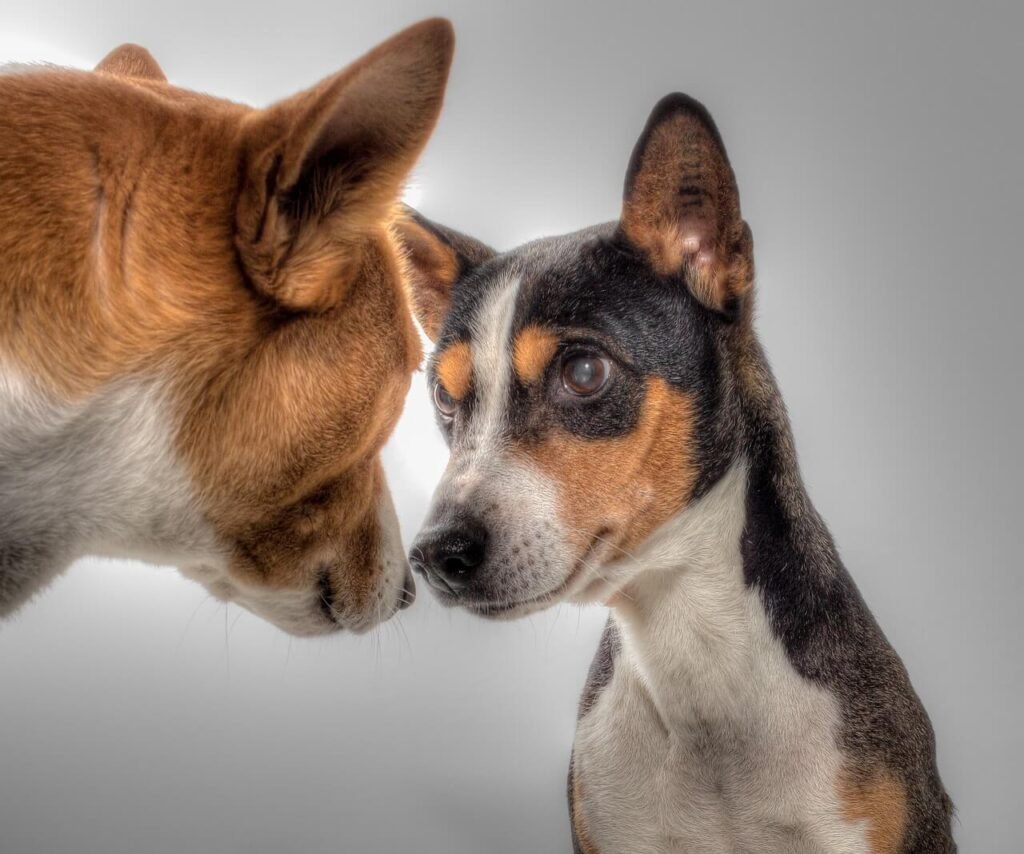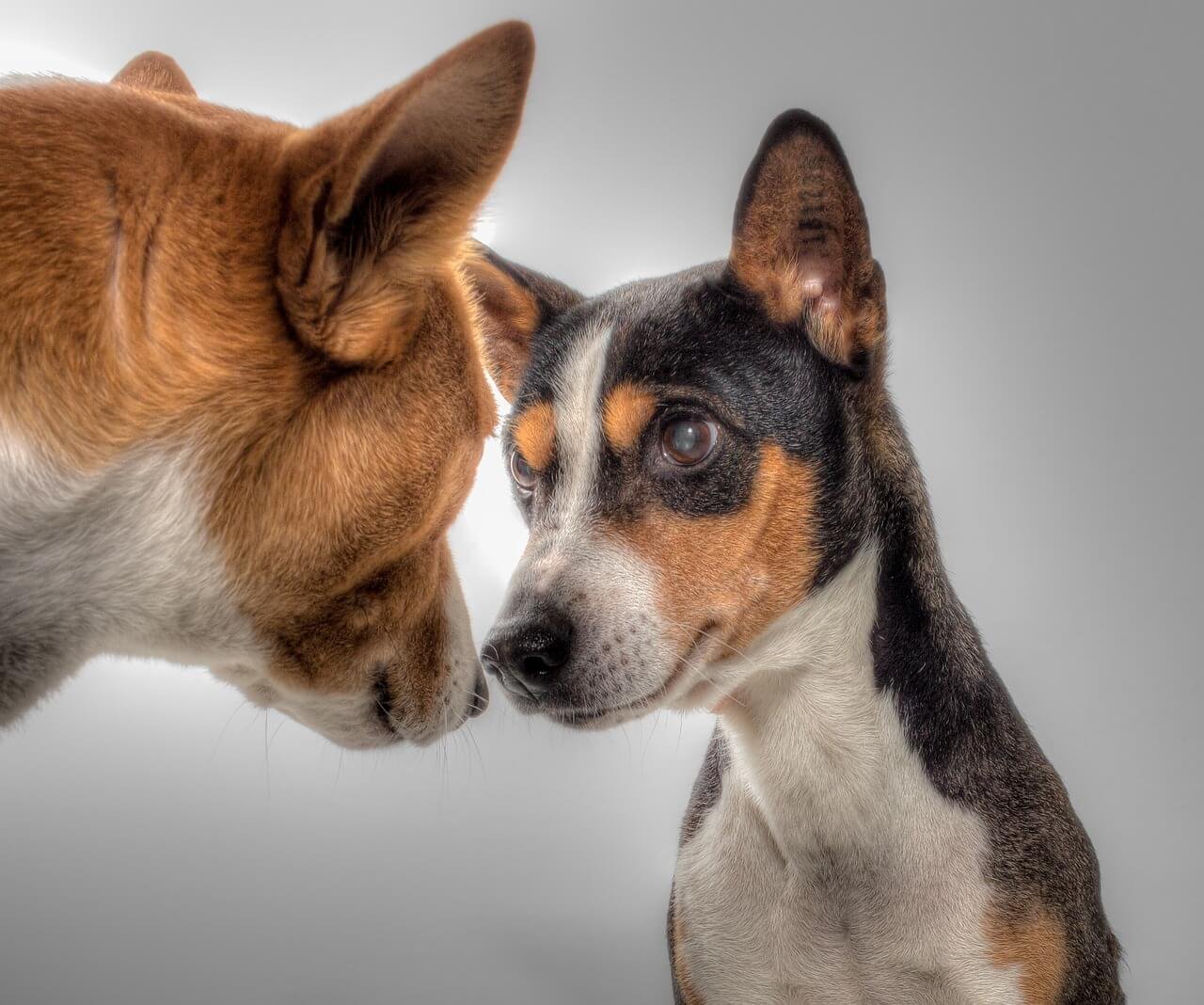Can a Dog Eat Cashews? What Every Pet Owner Should Know
As a dog owner, you’ve likely caught your furry friend eyeing your snacks with those irresistible puppy-dog eyes. But when it comes to sharing human food, it’s essential to know what’s safe and what’s not. One common question many pet parents ask is, “Can a dog eat cashews?” While these crunchy nuts are a popular snack for humans, their safety for dogs isn’t always straightforward. In this guide, we’ll explore everything you need to know about feeding cashews to your canine companion, including potential risks, benefits, and how to do it safely. Let’s dive in!
Are Cashews Safe for Dogs? A Closer Look
Cashews are not toxic to dogs, but that doesn’t mean they’re entirely risk-free. Moderation and preparation are key when offering these nuts as an occasional treat. Here’s what you need to know:
Cashews are high in fat, which can upset your dog’s stomach if consumed in large amounts.
Salted or flavored cashews can harm your dog due to excessive sodium or artificial additives.
Plain, unsalted cashews are the safest option if offered sparingly.
Some dogs may have allergies to nuts, including cashews, so monitor for adverse reactions.
Always introduce cashews gradually and in small quantities to avoid digestive issues.
While cashews can be an occasional treat, they should never replace a balanced diet or become a regular part of your dog’s meals. Always prioritize your dog’s health and consult your vet before introducing new foods.
Potential Benefits of Feeding Cashews to Dogs
When given in moderation, cashews can offer some nutritional benefits to your dog. However, these perks come with caveats, and it’s important to weigh them against potential risks. Here’s what cashews might contribute to your dog’s diet:
A source of healthy fats that support skin and coat health.
Protein content that aids in muscle maintenance and energy.
Magnesium, which supports bone health and enzyme function.
Antioxidants that help combat oxidative stress in the body.
A satisfying crunch that can serve as a low-calorie reward during training.
While these benefits make cashews seem appealing, remember that they should only be given occasionally and in small amounts. Overfeeding can lead to weight gain and other health issues.
Check this guide 👉Can Dogs Eat Bell Peppers? Best 7 Expert Tips!
Check this guide 👉Can Dogs Eat Bacon? Best 7 Expert Tips!
Check this guide 👉Can Dogs Eat Applesauce? Best 7 Health Tips!

Safe Nuts for Dogs | Nuts to Avoid |
|---|---|
Plain, unsalted cashews | Macadamia nuts |
Almonds (in strict moderation) | Walnuts |
Peanuts (unsalted, plain) | Pistachios |
Hazelnuts (small amounts) | Pecans |
Pumpkin seeds (plain) | Salted or flavored nuts |
Risks of Feeding Cashews to Dogs
While cashews aren’t inherently toxic, they do come with certain risks that every dog owner should be aware of. Understanding these potential dangers can help you make safer choices for your pet. Here are some key concerns:
High fat content can lead to pancreatitis if consumed excessively.
Choking hazards, especially for small dogs or those prone to gulping food.
Allergic reactions, such as itching, swelling, or difficulty breathing.
Weight gain due to the calorie-dense nature of cashews.
Digestive upset, including vomiting or diarrhea, from overconsumption.
These risks highlight the importance of moderation and careful supervision when offering cashews to your dog. If you notice any adverse effects, stop feeding them immediately and consult your veterinarian.
How to Safely Offer Cashews to Your Dog
If you decide to share cashews with your dog, it’s crucial to do so responsibly. Proper preparation and portion control can minimize risks while allowing your pup to enjoy this occasional treat. Here’s how to do it safely:
Choose plain, unsalted cashews without any added flavors or seasonings.
Break the cashews into smaller pieces to reduce choking risks.
Offer no more than one or two cashews at a time, depending on your dog’s size.
Monitor your dog closely after feeding to check for any adverse reactions.
Avoid giving cashews if your dog has a history of pancreatitis or obesity.
By following these guidelines, you can ensure that your dog enjoys cashews safely without compromising their health. Always err on the side of caution and consult your vet if you’re unsure.
Signs Your Dog May Have Eaten Too Many Cashews
While cashews can be an occasional treat, overindulgence can lead to health issues. If you suspect your dog has eaten too many cashews, watch for these warning signs. Recognizing symptoms early can help you act quickly and prevent complications. Here’s what to look out for:
Vomiting or diarrhea, which may indicate digestive upset.
Lethargy or lack of energy due to the high fat content.
Abdominal pain or bloating, often a sign of pancreatitis.
Excessive thirst or urination from consuming salted cashews.
Swelling or itching, which could signal an allergic reaction.
If you notice any of these symptoms after your dog eats cashews, consult your veterinarian immediately. Early intervention can make all the difference in your dog’s recovery.
Alternative Healthy Treats for Dogs
If you’re looking for safer snack options for your dog, there are plenty of alternatives to cashews that are both nutritious and delicious. These treats provide variety while supporting your dog’s overall health. Consider these healthy options:
Carrot sticks, which are low in calories and great for dental health.
Plain, unsalted peanut butter (in moderation) as a tasty reward.
Blueberries, packed with antioxidants and vitamins.
Slices of apple (without seeds) for a sweet, crunchy snack.
Cooked, unseasoned sweet potatoes for a fiber-rich treat.
These alternatives offer a range of flavors and nutrients without the risks associated with cashews. Always introduce new foods gradually and in small amounts to ensure your dog tolerates them well.
Tips for Training Your Dog Around Human Food
Dogs are naturally curious about human food, but teaching them boundaries is essential for their safety. Proper training can help your dog resist the temptation to snatch snacks like cashews off the counter. Here are some tips to guide your training efforts:
Use positive reinforcement to reward your dog for ignoring food on the table.
Teach the “leave it” command to discourage your dog from grabbing unsafe items.
Store snacks like cashews in secure containers out of your dog’s reach.
Avoid feeding your dog from the table, as this reinforces begging behavior.
Consistently enforce rules to create clear boundaries around human food.
With patience and consistency, you can train your dog to respect household food rules. This not only keeps them safe but also strengthens your bond through shared understanding.
Frequently Asked Questions About Dogs and Cashews
Can dogs eat salted cashews?
No, salted cashews contain too much sodium, which can harm your dog’s health.
How many cashews can I give my dog?
Limit treats to no more than 10% of your dog’s daily caloric intake, and only offer one or two cashews at a time.
Are roasted cashews safe for dogs?
Plain, roasted cashews are safe in moderation, but avoid those with added oils, salt, or flavorings.
Can puppies eat cashews?
It’s best to avoid giving cashews to puppies, as their digestive systems are more sensitive.
What should I do if my dog eats too many cashews?
Contact your veterinarian immediately, as excessive consumption can lead to pancreatitis or other health issues.
Final Thoughts: Treat Your Dog Responsibly
While cashews can be an occasional treat for your dog, they should never become a dietary staple. By understanding the risks and benefits, you can make informed decisions about whether to share this snack with your furry friend. Always prioritize moderation, preparation, and your dog’s individual health needs. Remember, your veterinarian is your best resource when introducing new foods to your dog’s diet. With the right approach, you can keep your pup happy, healthy, and satisfied—one safe treat at a time.
Do Cats Have Taste Buds? Best 7 Expert Tips! – Discover how cats experience flavors and why their taste is so unique.
Do Dogs Have Taste Buds? Best 7 Expert Tips! – Discover how dogs experience taste, their preferences, and what it means for their diet and health.
Can Cats Taste Sweet? Best 7 Expert Tips! – Discover why cats can’t taste sweetness, how it affects their diet, and tips to keep them healthy and happy.
Can Dogs Taste Sweet? Best 7 Expert Tips! – Discover how dogs perceive sweetness, which foods are safe, and tips to manage their sweet cravings responsibly.





